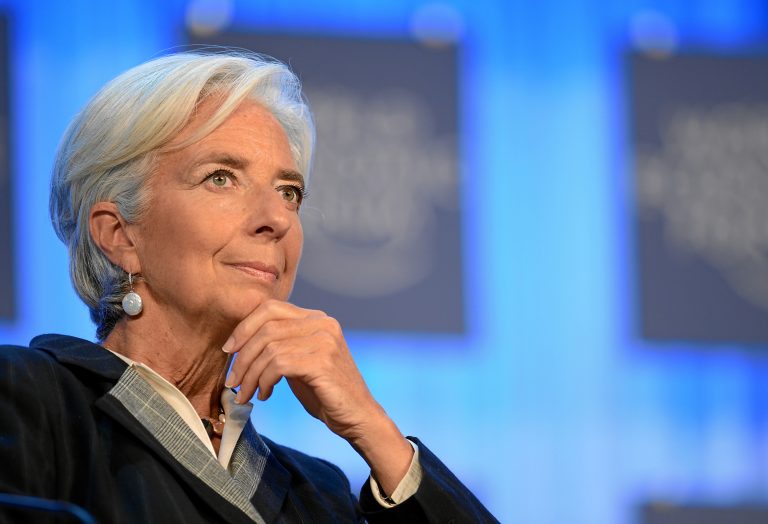The public hearing of Christine Lagarde, the candidate for the European Central Bank (ECB) presidency, took place today in the European Parliament’s Committee on Economic and Monetary Affairs (ECON). Christine Lagarde was proposed by the European Council in July to succeed Mario Draghi as President of the ECB. Questioned by the Greens, Lagarde supported a much more active contribution by the ECB in the fight against climate change. After today’s hearing, the ECON Committee will vote on its recommendation for the candidate early in the evening. After another vote in the plenary of the European Parliament, the candidate for the ECB presidency still has to be formally appointed by the European Council.
Sven Giegold, spokesperson for Bündnis 90/Die Grünen in the European Parliament, said:
„A woman at the head of the ECB is good for Europe and the banking industry. The banking world is still a male world. Lagarde is experienced and persuasive. Her attitude towards climate protection is welcome. Lagarde could make the ECB greener. Lagarde wants to place climate risks at the centre of financial stability. Lagarde has understood that economy and ecology must go hand in hand. With its monetary policy, the ECB can improve the conditions for investment in a green transformation of the economy. We will support Lagarde in making the ECB a lever for climate protection. There is no stable financial system in the climate collapse.
In view of the impending economic downturn, Lagarde’s adherence to expansive monetary policy is a reassuring signal for Europe and the euro. Lagarde must be honest about the problems of low interest rate policy. She does not address the negative effects on financial stability and real estate prices clearly enough. Nevertheless, it is monetary populism to blame the ECB for the low interest rates. The low interest rate policy is primarily a consequence of the failure of the Member States to implement a common fiscal policy in Europe. Lagarde should not, like Mario Draghi, be made the scapegoat for failures in European policy. Only a strong common economic and fiscal policy of the euro countries would give the ECB an alternative to a very lax monetary policy. It is good that Lagarde is in favour of a stronger common economic and fiscal policy in the eurozone. A common economic policy is particularly important in times of economic downturn in order to generate economic momentum. Investments in climate protection should have top priority for the euro countries.
So far, Lagarde has promised too little to combat money laundering. The ECB should take much tougher action against money laundering than it has done so far. Lagarde must also deliver more on the subject of crypto currencies. The ECB should demand at least the same rules for digital currencies so that they do not remain a legal vacuum.“

